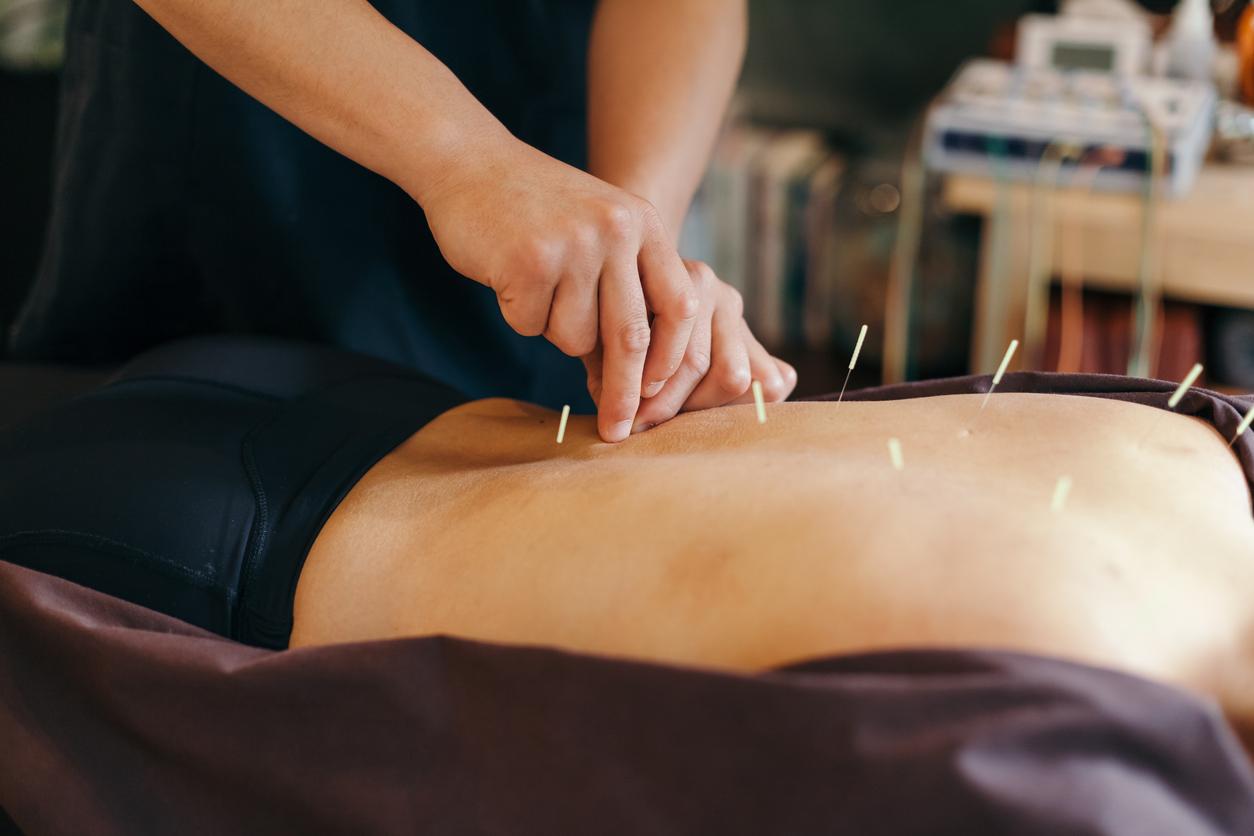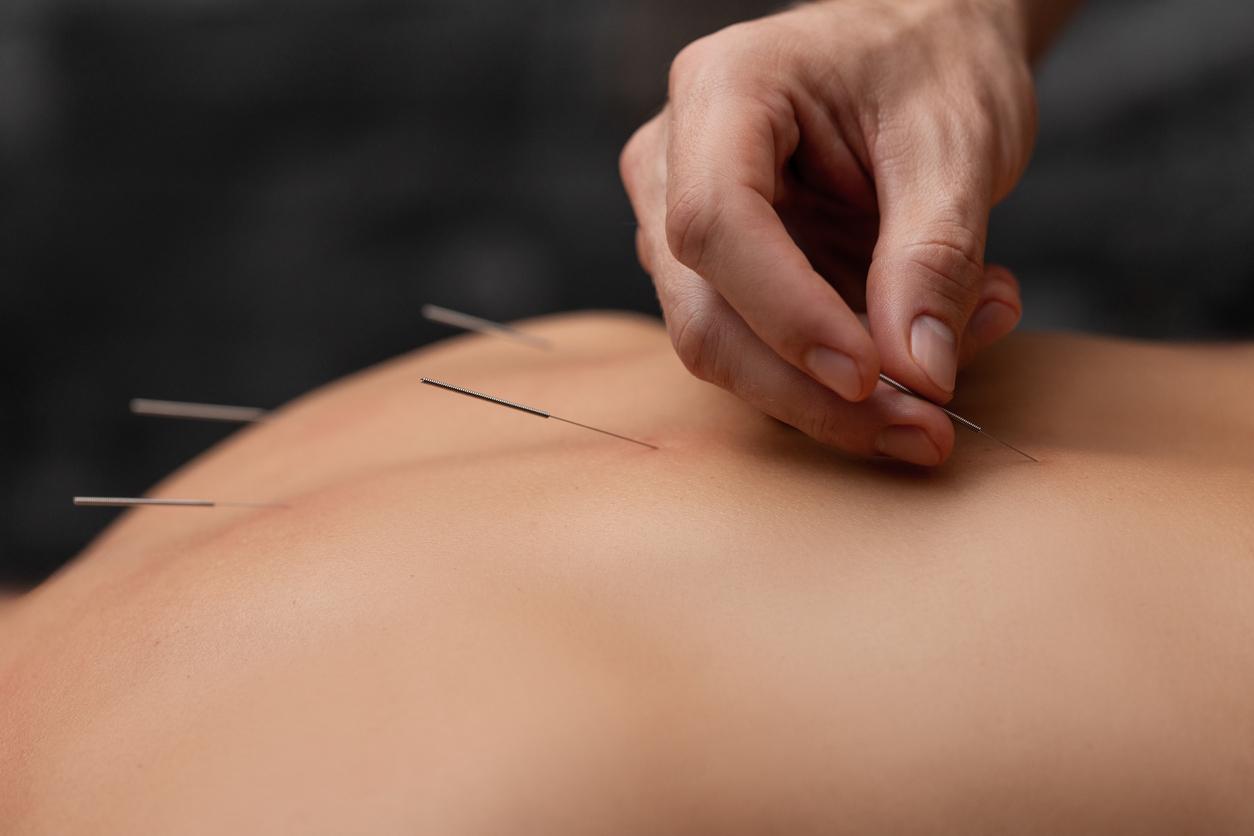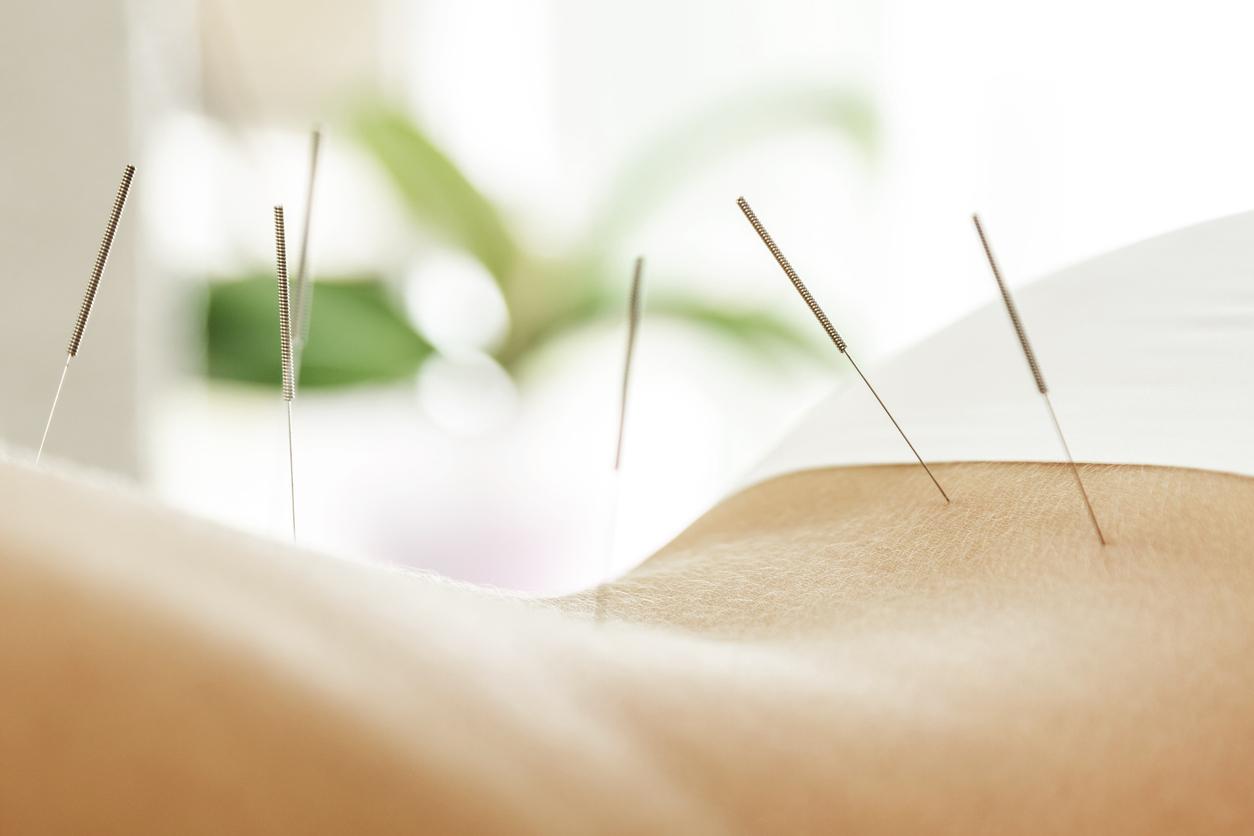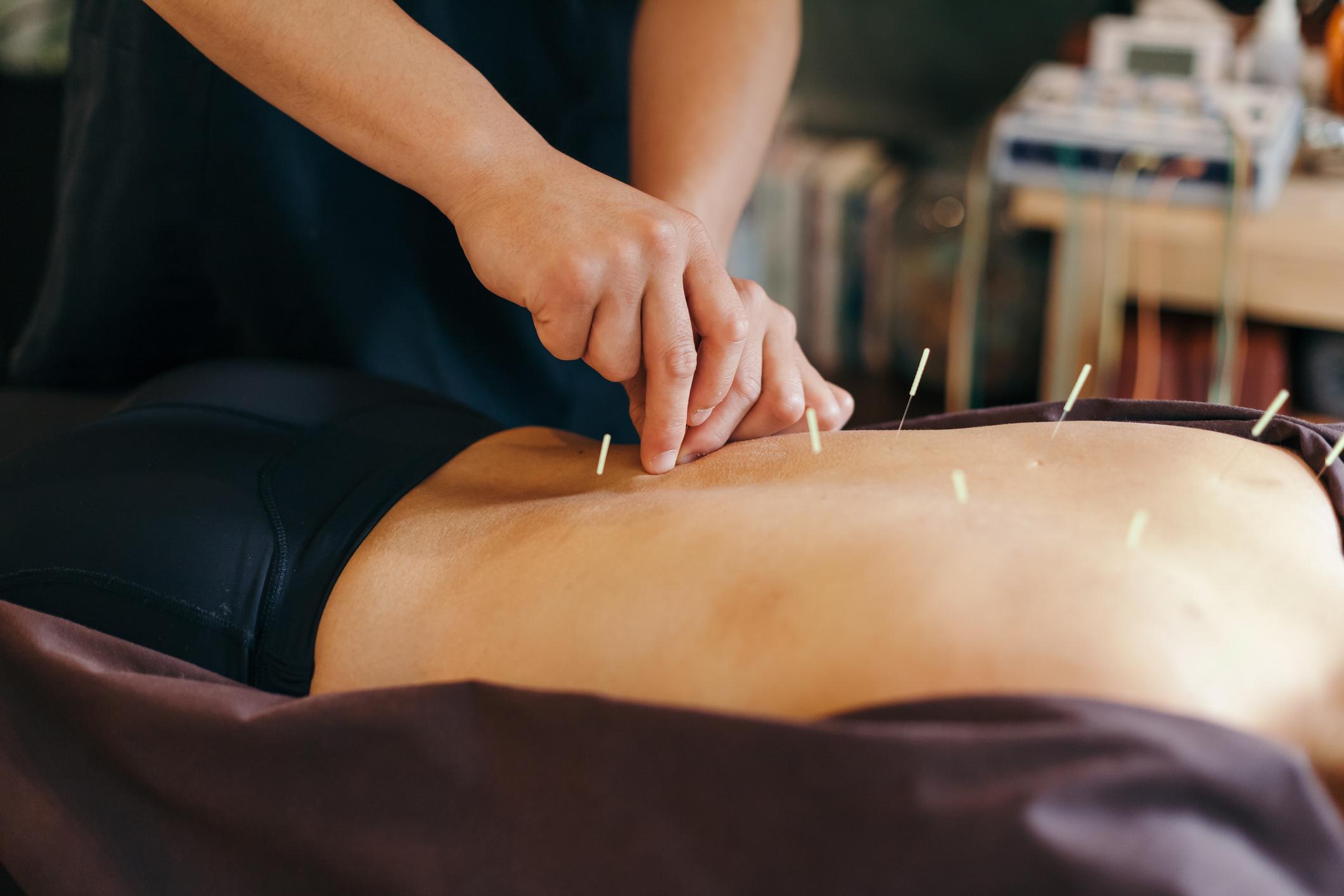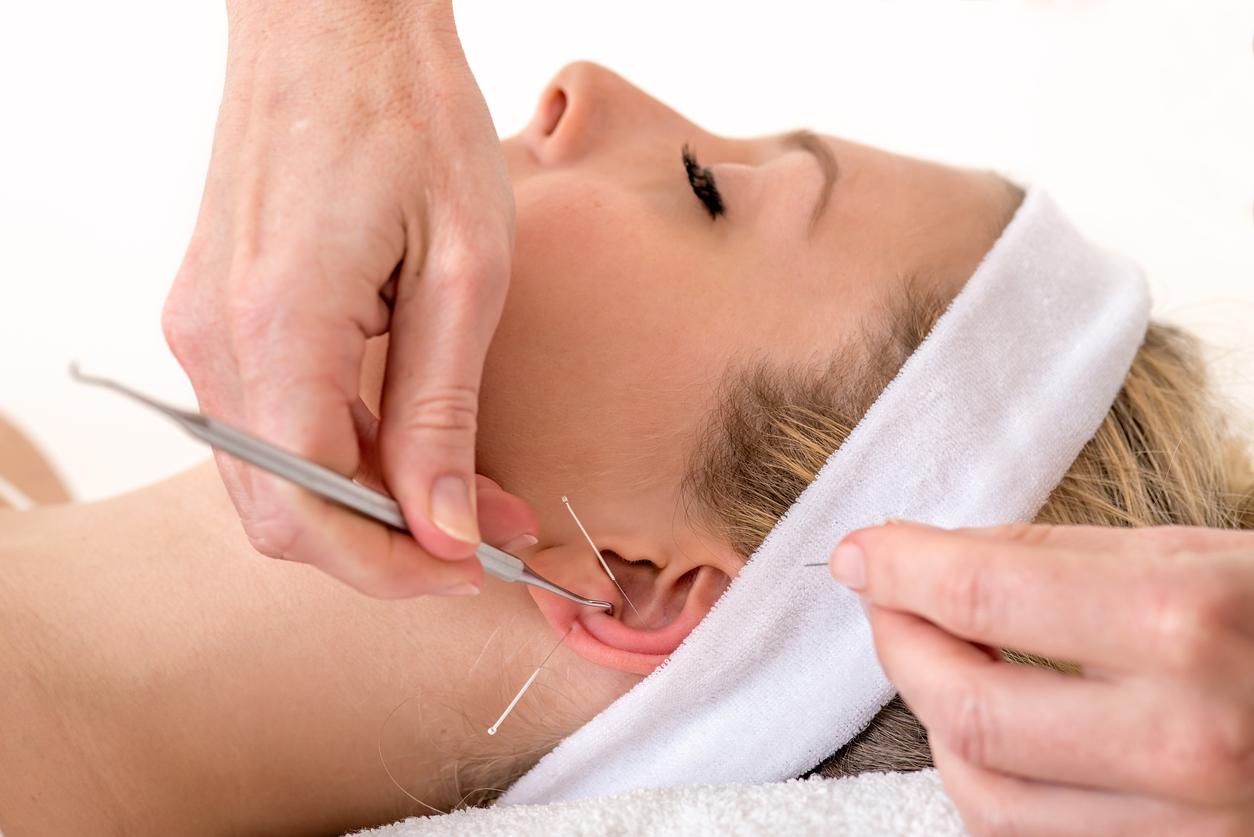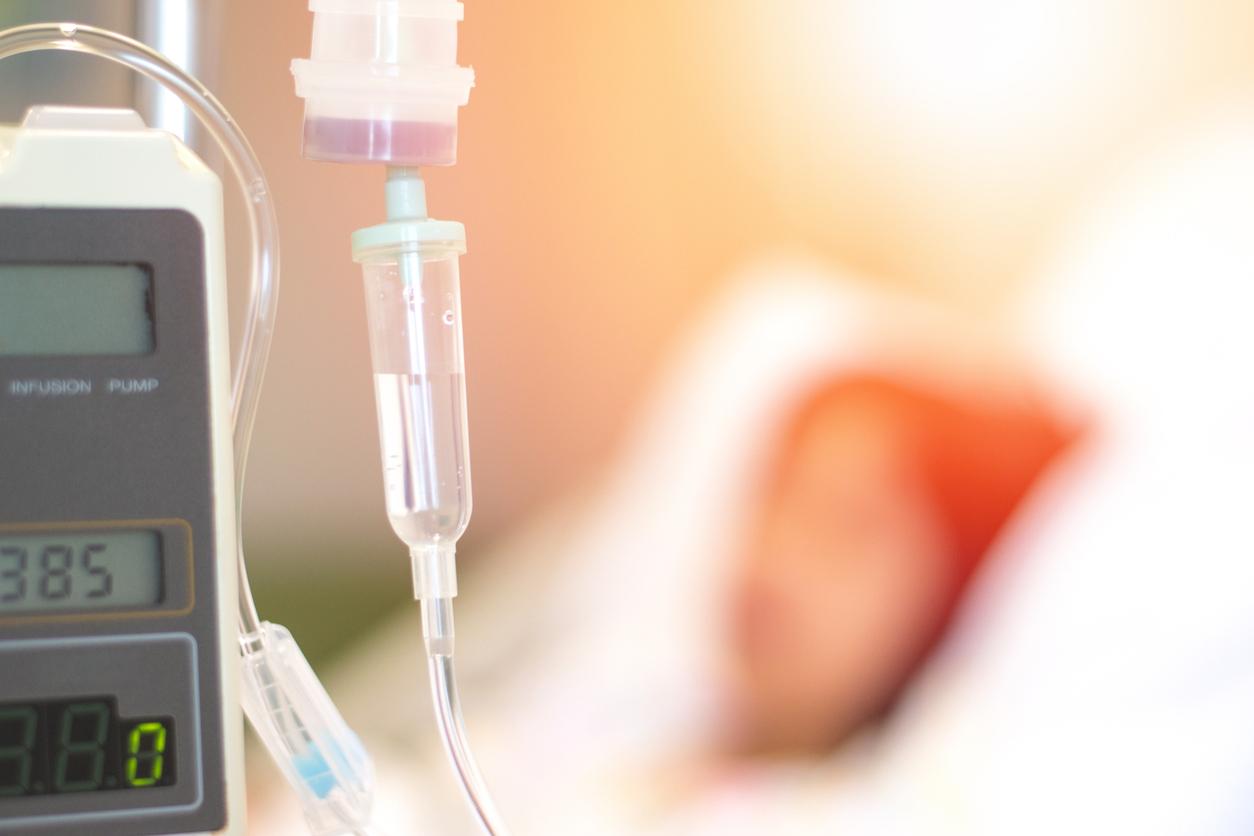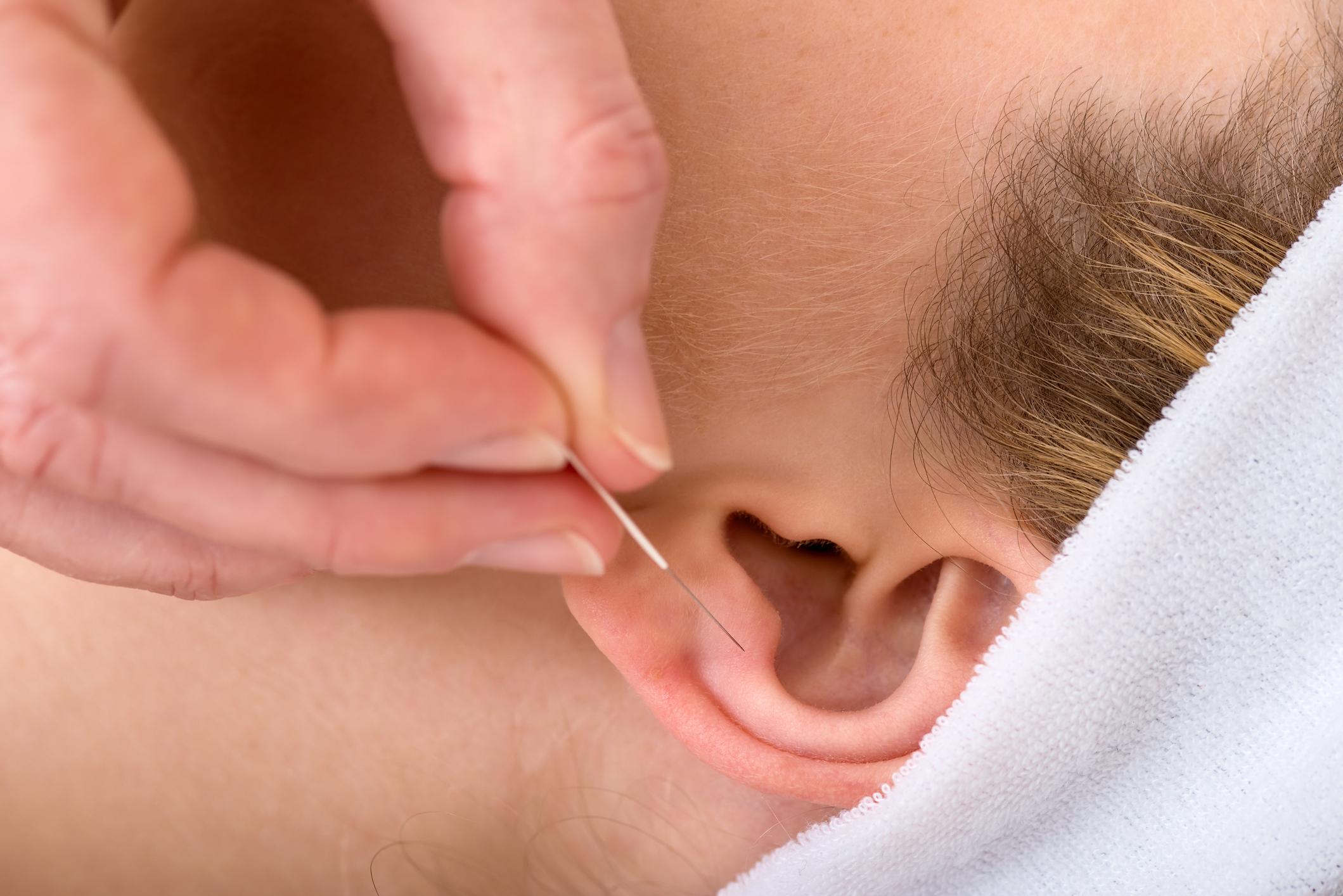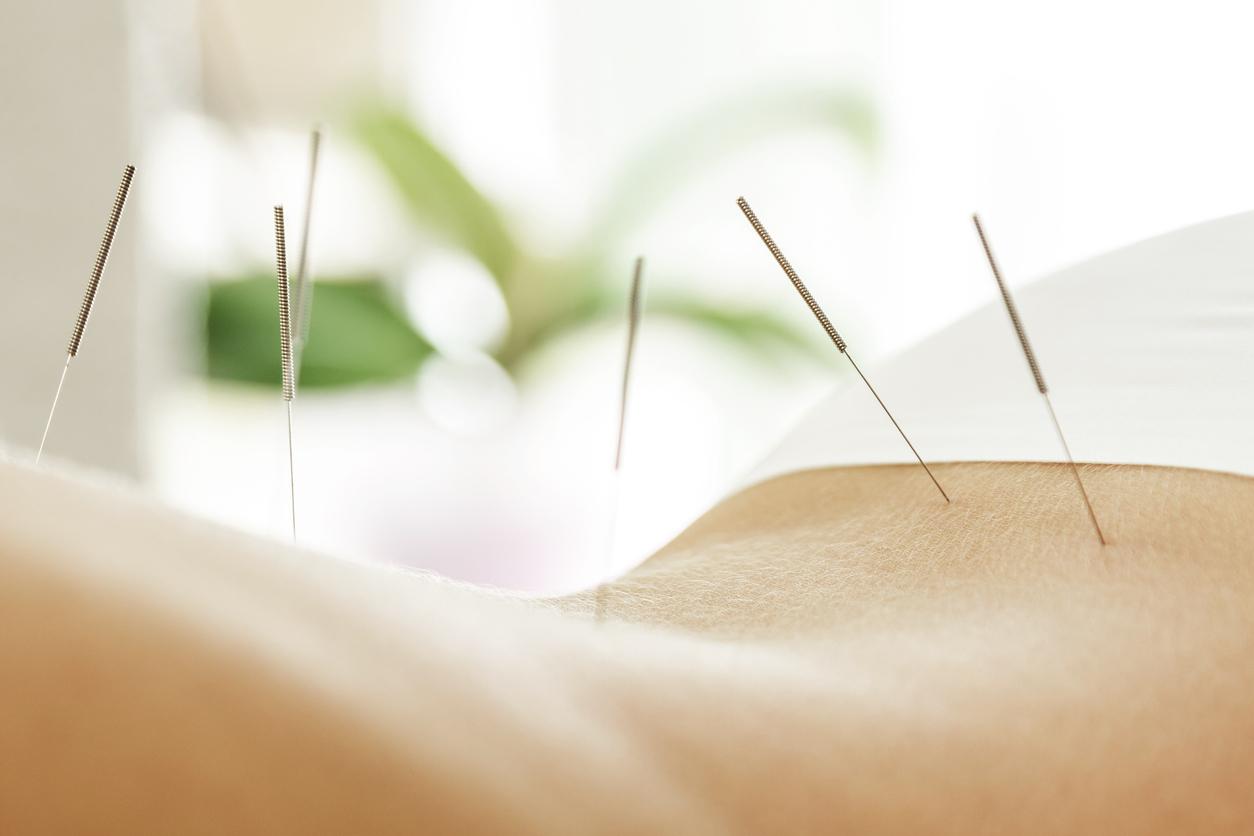Two-thirds of the professionals practicing “alternative medicine” controlled by the repression of fraud were in violation. They mainly concerned acupuncturists.
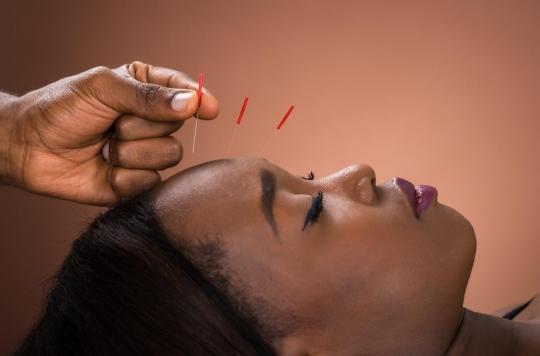
Naturopaths, aromatherapists, hypnotherapists, acupuncturists, reflexologists… The French are more and more in favor of these practices, commonly grouped under the term “alternative medicine”. However, fraud enforcement paints a harsh picture of fraud. Two-thirds of the professionals checked were in violation.
Indeed, out of 675 practitioners inspected in 2018, 460 had “at least one breach”, according to a report published this week by the repression of fraud. “Mostly lack of information, but also in some cases misleading or even risky commercial practices”, can we also read there. Of all these offences, “nearly fifteen reports were sent to the public prosecutor” for “illegal practice of medicine” or “usurpation of titles”.
Acupuncturists in the line of sight
So-called “soft” medicines are opposed to conventional medicine. That is to say, they are not the subject of any “scientific validation” which would make it possible to show “their methods of action, their effects, their effectiveness, as well as their non-dangerousness”, specifies the Ministry of Health on its website.
Two-thirds of the offenses recorded concerned acupuncturists. Others auriculotherapists (a kind of acupuncture performed on the ear) and people practicing colon hydrotherapy. According to the DGCCRF (General Directorate for Competition, Consumer Affairs and Fraud Prevention), “therapeutic or ‘health’ claims, unjustified on the skills of professionals, have frequently been observed” during checks.
A “general ignorance of the regulations”
Thus, some practitioners claim that they relieve pain, treat certain diseases. The repression of fraud also denounces an abusive use of the terms “consultation” or even “patient”. She cites, in her report, the case of a professional – whose specialty we do not know – “who claimed to treat various pathologies such as Parkinson’s disease or Alzheimer’s disease”.
“The medical claims used by certain professionals can prove to be dangerous because they are likely to divert the consumer from consulting a health professional or from following a conventional treatment for a serious pathology”, comments the DGCCRF , which also points to “a general ignorance of the regulations (unfair commercial practices, the illegal practice of medicine and insufficient consumer information).”
A weekend training only sometimes
In addition, the repression of fraud has observed links that are sometimes too close between practitioners, training organizations and companies that market certain products: food supplements, essential oils, etc. Information related to prices is also often “failing”. “The labeling of products sold, particularly by aromatherapists, is not complete, particularly in terms of information on the prices and the composition of these products,” reads the report.
The very training of these practitioners raises questions, according to the repression of fraud. They are “mostly from the health sector (for example nurses or nursing assistants) who have undertaken a professional retraining. Quasi-totality of these professionals have followed, before exercising, training, but of a very variable nature ranging from a simple weekend (face-to-face or remotely) to several years of schooling”, estimates the repression of fraud.
.









